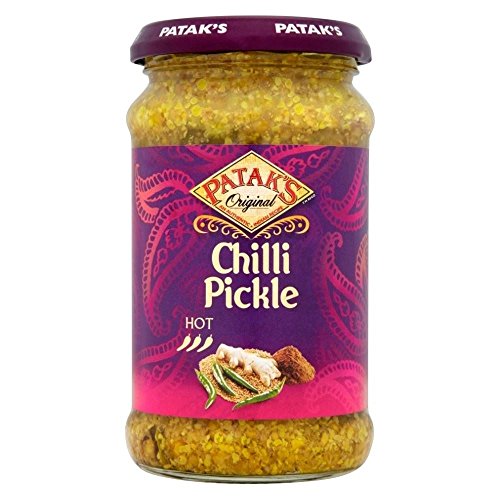Patak's Hot Chilli Pickle (283g) - 2 Pack
Category: patak's lime pickle

With the advent of the digital age, the role of traditional media, such as newspapers and magazines, has undergone a significant transformation. The landscape of news and information dissemination has shifted dramatically, as the internet and social media platforms have emerged as dominant forces in the modern media ecosystem.
One of the primary drivers of this change has been the increasing accessibility and prevalence of digital devices, from smartphones to tablets and laptops. These devices have made it easier for individuals to access a vast array of information and news sources, often in real-time, breaking down the traditional barriers and gatekeeping functions of legacy media outlets.
Moreover, the rise of social media platforms has fundamentally altered the way in which information is consumed and shared. These platforms have enabled the rapid dissemination of news and content, often bypassing traditional journalistic processes and fact-checking mechanisms. This has led to the proliferation of misinformation, fake news, and echo chambers, where people tend to seek out and engage with content that aligns with their pre-existing beliefs and biases.
The impact of this digital transformation on traditional media has been profound. Newspapers and magazines have faced significant financial challenges, as their primary revenue streams, such as print advertising, have dwindled in the face of the digital advertising juggernaut. Many media organizations have been forced to adapt and reinvent their business models, often prioritizing digital content and platforms over their legacy print products.
In response to these challenges, traditional media outlets have had to adopt new strategies and innovations to remain relevant and competitive in the digital age. This has included the development of robust online presences, the integration of multimedia content, and the leveraging of social media platforms to reach broader audiences.
However, the transition to digital has not been without its challenges. The need to maintain high-quality journalism, fact-checking, and editorial standards in the face of increasing digital pressures has become a significant concern. Additionally, the reliance on digital platforms, which often dictate the terms of engagement and monetization, has led to a loss of control and autonomy for many media organizations.
Despite these challenges, the role of traditional media remains critical in the digital landscape. Established media outlets, with their deep institutional knowledge, journalistic expertise, and commitment to accuracy and objectivity, continue to play a vital role in shaping public discourse and informing the citizenry. The ongoing evolution of the media landscape presents both opportunities and threats, and the ability of traditional media to adapt and innovate will be key to their continued relevance and success.
In conclusion, the digital transformation of the media industry has fundamentally altered the way in which news and information are consumed and disseminated. While traditional media outlets have faced significant challenges, their role in upholding the principles of quality journalism and maintaining the integrity of the information ecosystem remains crucial. As the media landscape continues to evolve, it will be essential for traditional media to find ways to adapt and thrive in the digital age, ensuring that the public remains well-informed and engaged.
product information:
| Attribute | Value | ||||
|---|---|---|---|---|---|
| upc | 721865403941 | ||||
| best_sellers_rank | #528,026 in Grocery & Gourmet Food (See Top 100 in Grocery & Gourmet Food) #445 in Pickle Relishes | ||||
| customer_reviews |
|


















